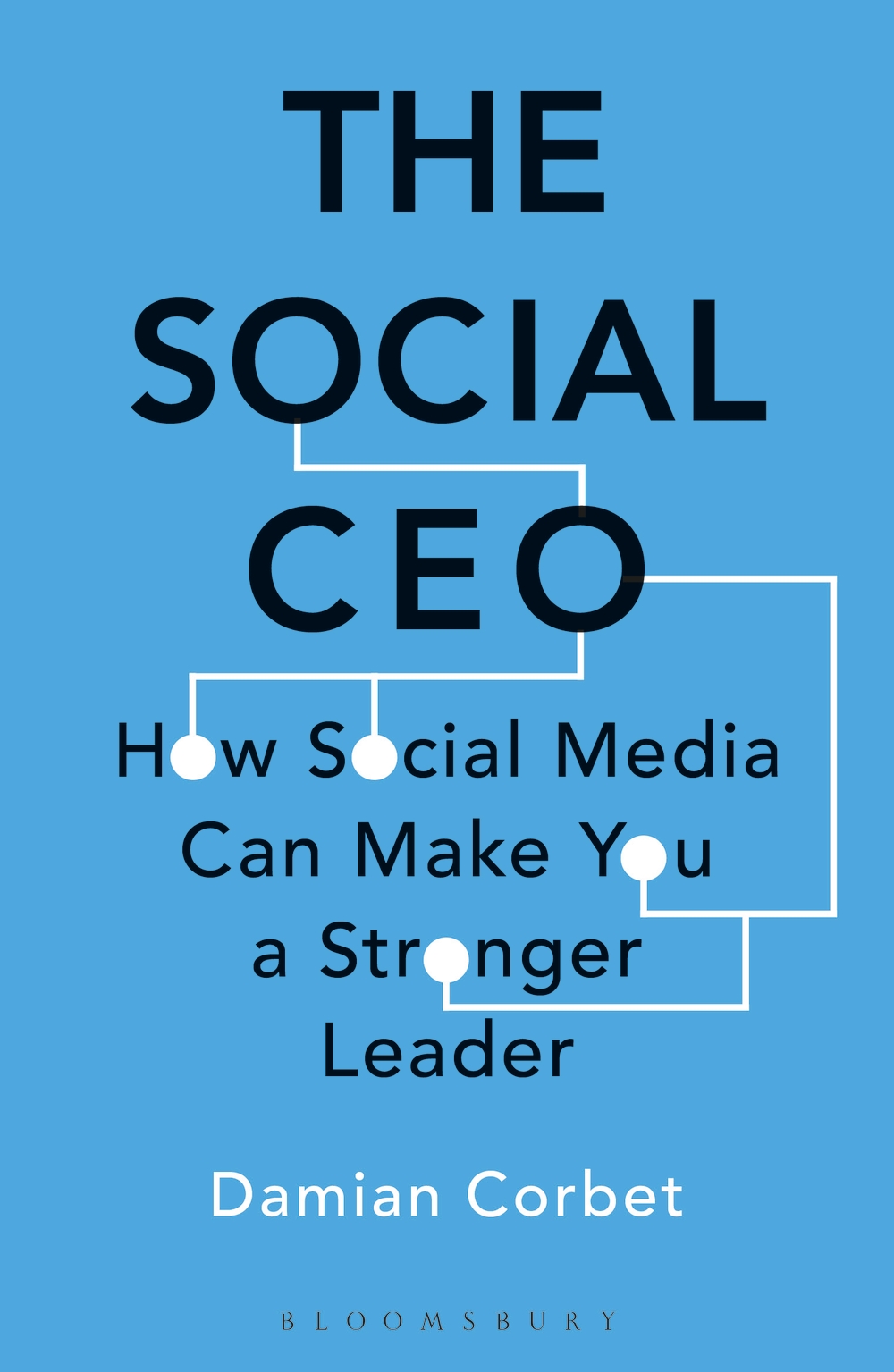This is an interesting book, sub-titled ‘How social media can make you a stronger leader’, with chapters written by a range of contributors from different roles and sectors. In the introduction, Damian Corbet highlights the diversity of contributions and that the fact that they may not all agree with each other, and I did find this to be a real strength as I read through the book.
Right at the outset, it is made clear that “this is not a ‘how to book” and that is aims “to show you ‘why’ social media is so important for leaders”. Bearing this in mind, I was prepared to finish the book motivated to do more, and then needing to find other sources to dig deeper. However, I think the book overdelivers on this and many of the contributors share practical insights.
I normally highlight three or four take-aways from a book, but this book covers a lot and it is difficult to summarise it concisely. But, here’s a few things of interest that I highlighted:
- “The Social Age has changed our relationship with learning. It’s enabling communities to learn with and from each other, when and how they wish to. This shift in trustworthy sources is driven by the ease with which people can use technology to connect and communicate. In an era of ‘fake news’, we lean towards our trusted networks to provide clarity. The Social Age provides a level of transparency that we have never seen before.”
- “… being a social CEO is about engaging in meaningful conversations with your audience: customers, prospects, partners, shareholders, stakeholders, influencers, employees and your wider community, in their world, where they are actively participating in and influencing their communities.”
- “Trust must become a strategic priority for all leaders. To lead like this, genuine opportunity lies in becoming a social CEO, driving the conversation on digital channels in meaningful and authentic ways. … But it’s not just in leading the conversation where CEOs can succeed. It is also in listening to your audience and participating in conversations too. Social is fundamentally two-way and we must move away from the one-way mindset so common today.”
- “So, make sure you stand for something. Believe in it. Then put all of your amazing energy behind it, so people want to join your cause and share your message, which is how you break through. Which is how you build businesses. Make your voice count. Make it unmissable.”
- “The Giving Economy is about lifting others up, delivering value to your community, making someone’s life better. It’s about giving and sharing. It’s not about selling something, even if that something is you.”
- “We have now reached a real turning point where, every day, more and more CEOs have concluded that the risks to their reputation of being absent from social media are now greater, for the very first time, than the risks of being present on social media.”
- “Social media does this stuff. It closes the gap; it joins the dots. It draws people together who might never otherwise meet, often from opposite sides of the world, who in turn make great things happen. But for this to work, you have to be there. Showing up is everything. Join us.”
The other thing I liked about the book is that it isn’t just fan fiction for social media, and there is an open discussion about the discomfort of seeing somebody forced to use social media when it isn’t their kind of thing, and about the real risks.
I would definitely recommend this book to those leaders who are avoiding social media either because they’re questioning ‘Why would I want to know what people have had for breakfast’ or ‘Why would people want to know what I’ve had for breakfast?’. In other words, I think it is a powerful book for those leaders who don’t see the opportunity, who don’t get the ‘why’ of social media. However, the book went beyond that for me. To be really honest, I’ve somewhat fallen out of love with social media this last 18 months or so. I’m on Twitter, Instagram, LinkedIn etc. and have had a really positive experience but I’ve slowly drifted away. And this book has reconnected to me to why I’m on these things in the first place, something that I didn’t expect so thank you to Damian Corbet and all the contributors.
Ian Pettigrew, Kingfisher Coaching







